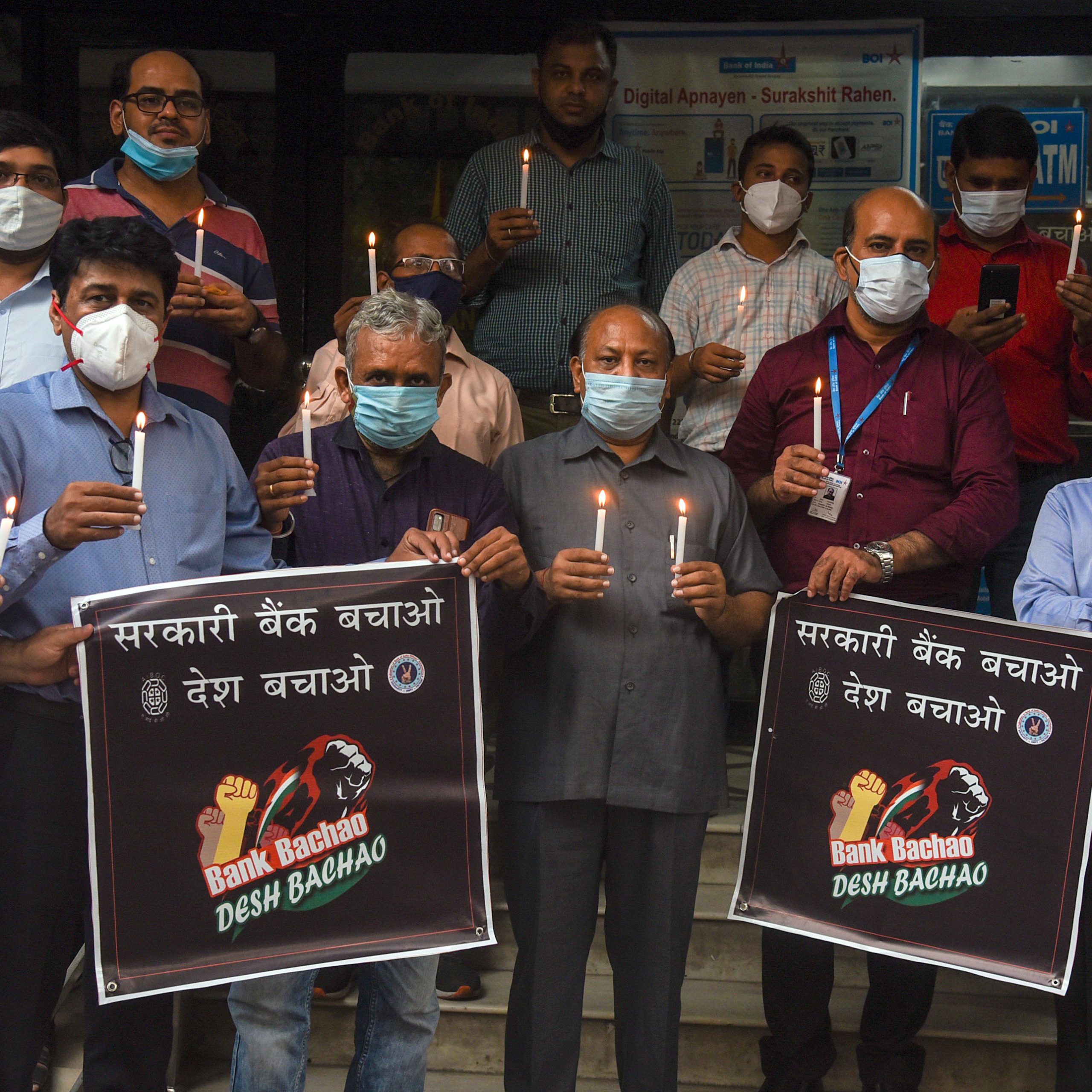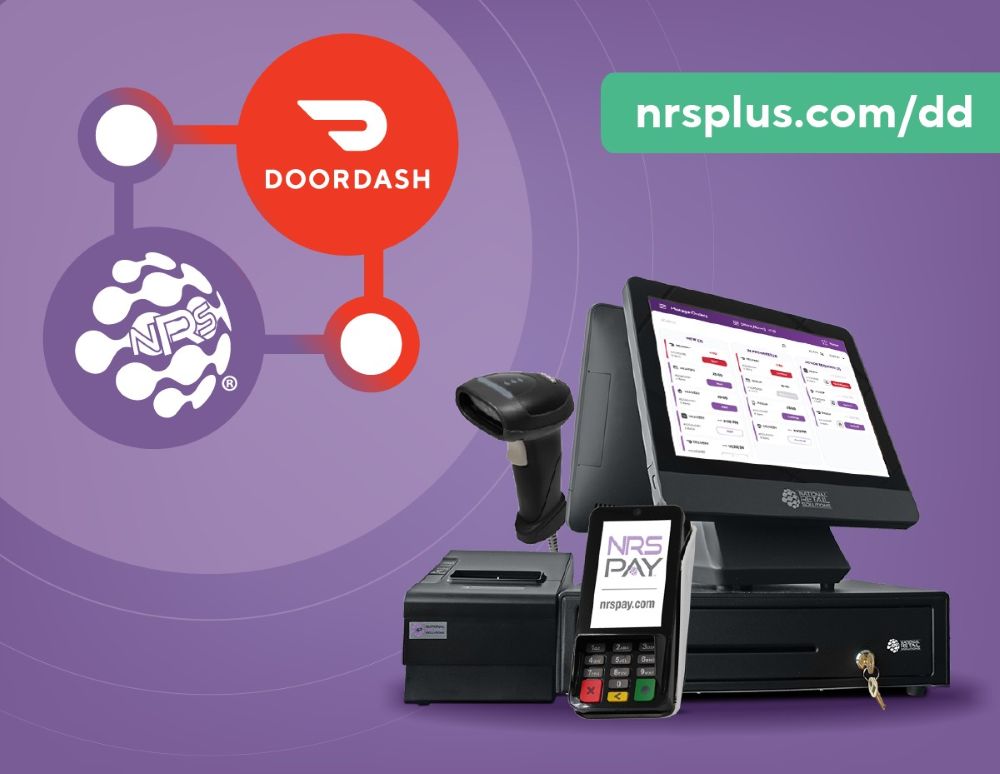Reserve Bank of India imposes a penalty of Rs 5 crore on Axis Bank for contravention of certain provisions of directions including on cybersecurity framework
Our Bureau
New Delhi
The financial results of HDFC Bank for the period April to June 2021 have got a few experts worried. The gross non-performing assets (NPAs), or the bank’s bad loans, jumped to 1.47% of its total advances. They were at 0.81% as of 31 December 2020.
The Indian banking industry has been under crisis for some time. The crisis has taken a serious turn during the pandemic as some banks faced closure amid new challenges. Now, both the Reserve Bank of India (RBI) and government has taken steps to alleviate the crisis. Bringing sigh of relief for the depositors in stressed banks, the Union Cabinet on Wednesday gave nod to the Deposit Insurance Credit Guarantee Corporation (DICGC) Bill, 2021.
Addressing media persons, Union Finance Minister Nirmala Sitharaman said, “The proposed law will insure bank deposits up to Rs 5 lakh. Under DICGC Bill 2021, 98.3 per cent of all deposits will get covered and in terms of deposit value, 50.9 per cent deposit value will be covered. Global deposit value is only 80 per cent of all deposit accounts. It only covers 20-30 per cent of deposit value.” “The Union Cabinet has decided that depositors of troubled banks would get their money back within 90 days. As of now, several depositors of troubled lenders are waiting for longer periods to retrieve the money deposited in the bank accounts,” the finance minister said at the press briefing.
Apart from DICGC Bill, 2021, the cabinet also approved the Limited Liability Partnership Amendment Bill.
“To provide ease of doing business benefits to law-abiding corporators in LLP firms, the criminality has been removed. A penalty in the form of a fine has been decided for violations of general trends. This boosts Aatmanirbhar Bharat,” Union Minister Anurag Thakur said during the briefing.
Also on Wednesday, the Reserve Bank of India allowed authorized non-bank payment system providers (PSPs) to participate in centralized payment systems (CPS), such as real-time gross settlement (RTGS) and national electronic fund transfer (NEFT), as direct members.
PSPs include prepaid payment instrument (PPI) issuers, card networks, white label ATM (WLA) operators and trade receivables discounting system (TReDS) platforms.
In a notification issued on Wednesday, the RBI said that on a review of extant arrangements and after detailed discussions with PSPs, it is advised that, “in the first phase, authorized non-bank PSPs, viz. PPI issuers, card networks and white label ATM operators shall be eligible to participate in CPS as direct members”.
In April 2021 monetary policy, the central bank had announced that it will encourage participation of non-banks in the RBI-operated CPS-RTGS and NEFT systems, in a phased manner. The central bank said direct access for non-banks to CPS lowers the overall risk in the payments ecosystem.
It also brings advantages to non-banks like reduction in cost of payments, minimizing dependence on banks, reducing the time taken for completing payments, eliminating the uncertainty in finality of the payments as the settlement is carried out in central bank money, the notification said.
Earlier, the Reserve Bank of India said it has imposed a penalty of Rs 5 crore on Axis Bank for contravention of certain provisions of directions issued by the RBI, including on cybersecurity framework.
The contravention of/ non-compliance with the directions has been revealed by — the examination of the Risk Assessment Reports pertaining to ISE 2017, ISE 2018 and ISE 2019; the report of scrutiny carried out by RBI in the backdrop of the incident relating to a fraud and related correspondence thereto; and the incident report submitted by the bank in June 2020 related to a few suspected transactions and related correspondence.
Notices were issued to the bank advising it to show cause as to why penalty should not be imposed on it for its failure to comply with the directions.
After considering the bank’s replies, oral submissions, and examination of additional submissions made by the bank, the RBI came to the conclusion that the charges of non-compliance with/contravention of the directions were substantiated and warranted imposition of monetary penalty, the central bank said.
The RBI, however, added the imposition of penalty is based on the deficiencies in regulatory compliance and is not intended to pronounce upon the validity of any transaction or agreement entered into by the bank with its customers.

























